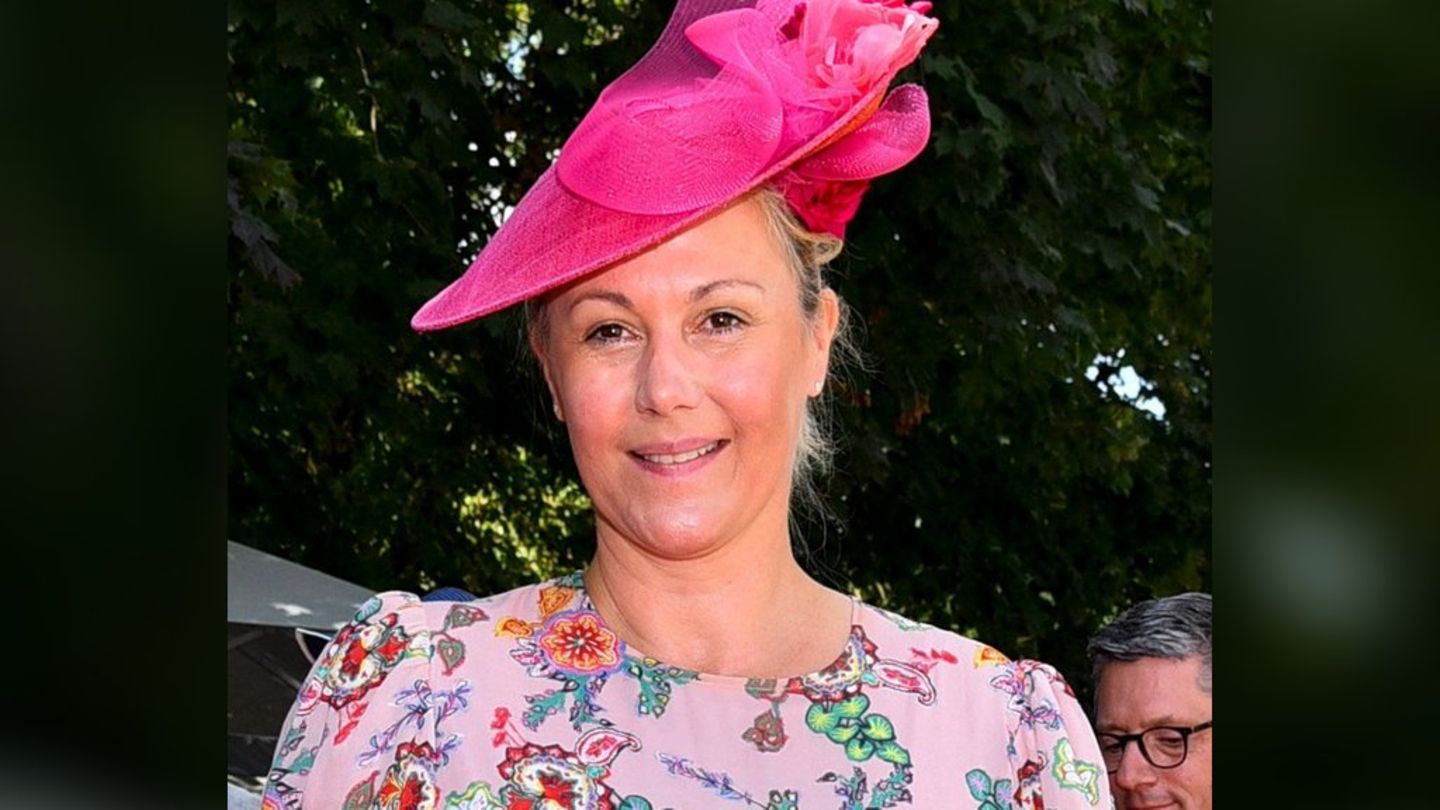In the case of blue, the price rose from $209.50 to $219 in the last week. Therefore, the spread with the official rose to 109.9%, a record since November 2020.
Meanwhile, in the Stock Market, the “liquid counted” dollar (CCL), -operated with the AL30 bond, one of the most liquid in the domestic market-, jumped from $206.04 to $218.82, leading to the gap also close to 110%. Likewise, the prices of the CCL evaluated with other assets (such as the GD30 bond, ADR, or Cedear), reached around $224 on Friday.
In the case of the MEP, the price went from $202.46 to $212.74, an unprecedented value so far in nominal terms.
“This rise in the blue dollar seems logical to me, given the amount of pesos that has been issued during December. As soon as the demand for money begins to fall a little, the blue begins to rise, ”said financial analyst Christian Buteler. “The advance of the parallel can be stopped if the MEP dollar falls. Otherwise, it seems to me that we are going to have a summer with a rise in the blue dollar a little above what we have had in recent summers,” he said.
A report by Quinquela Fondos indicated that the Monetary Base grew 20.5% between November and January to date, a rate that doubles that observed a year ago. The entity dedicated to the administration of Common Investment Funds affirmed that in recent days a greater surplus of money in circulation has been verified, compared to the needs of pesos to carry out transactions (which are usually higher in December).
“Part of the increase in the gap in recent weeks can be explained by the increase in the amount of pesos and, given exchange controls, their channeling towards financial dollar operations,” Quinquela said.
IMF and rates
The differences between the Government and the IMF regarding the fiscal path that Argentina must follow within the framework of an agreement that changes the conditions of the current debt that the country has with the organization are already public knowledge. The Minister of Economy, Martín Guzmán, remarked on Friday in an interview with the French newspaper Le Figaro that there is still no consensus on the combinations of expenses and income to reduce the deficit. “We do not want to penalize demand when the economy is recovering,” said the official, after noting that this debt is “the main brake on the Argentine economy.”
In this sense, Juan Pablo Albornoz, Ecolatina economist, expressed that the lack of definitions on the agreement “does not allow to anchor expectations and dispel the doubts of a disorderly exchange rate event”, although he considers “that there are still tools to avoid it”.
For his part, the chief economist of Econviews, Andrés Borenstein, projected that “a distraction in the price of the blue dollar will depend a lot on whether the agreement with the IMF is finally advanced, and on whether the BCRA depreciates the dollar a little faster. official dollar, with which there will be room to decompress somewhat the “stocks of the stocks” (to financial dollars).
In the midst of negotiations with the Fund, the BCRA slightly raised monetary policy rates, which are now above 45% per year in effective terms. At the same time, the rate of adjustment of the official exchange rate accelerated, which is on track to rise more than 2% per month in January, something that has not happened since March 2021.
However, taking into account that inflation in December was close to 4%, which is not expected to fall significantly in the short term, and that the increase in prices estimated by the market for the whole of 2022 is once again greater than 50%, the corrections they do not seem to have an impact in reducing the search for currency hedging by savers.
“The recent increase in the interest rate seems insufficient in view of the current level of inflation. And the rate of depreciation, which has been between 2.3% and 2.5% per month in recent days, also seems too low to stabilize the real exchange rate. In short, under these levels of inflation, the path chosen to balance prices, rates and the exchange rate does not seem to be enough. Higher levels of nominality could be required, with the risks that this implies”, they said from Quinquela.
Source From: Ambito
David William is a talented author who has made a name for himself in the world of writing. He is a professional author who writes on a wide range of topics, from general interest to opinion news. David is currently working as a writer at 24 hours worlds where he brings his unique perspective and in-depth research to his articles, making them both informative and engaging.




